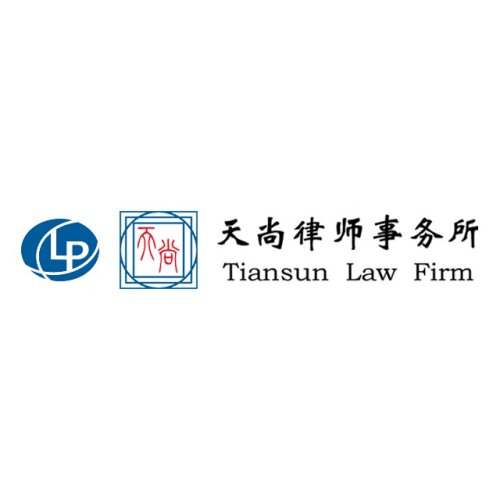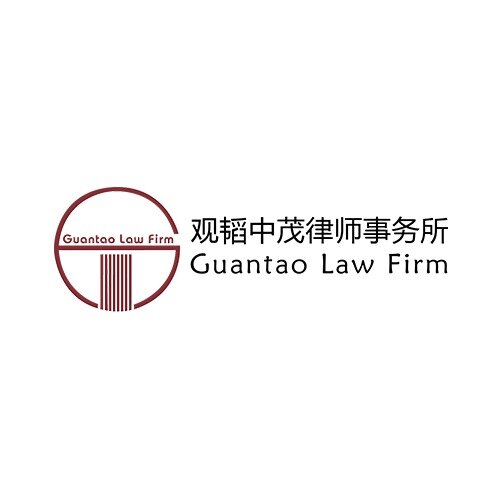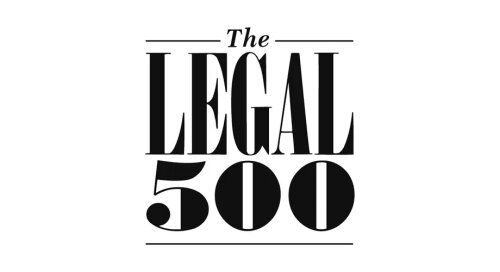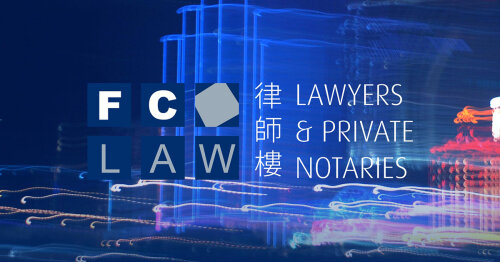Best Government Relations & Lobbying Lawyers in Beijing
Share your needs with us, get contacted by law firms.
Free. Takes 2 min.
List of the best lawyers in Beijing, China
About Government Relations & Lobbying Law in Beijing, China
Government relations and lobbying in Beijing, China, involve navigating a complex landscape of regulations, policies, and interactions with various government bodies. The practice encompasses strategic communication with Chinese governmental institutions, including advocacy on behalf of corporations, NGOs, and other organizations. Understanding the intricacies of China's bureaucratic system, political climate, and regulatory framework is crucial for effective lobbying and governmental engagement. The legality and propriety of lobbying activities in China are governed by a set of laws and informal guidelines, which necessitate expertise in both legal compliance and relationship management.
Why You May Need a Lawyer
Individuals and organizations may find themselves in need of legal advice in the field of government relations and lobbying for several reasons:
- Navigating complex regulatory frameworks and ensuring compliance with local laws.
- Help in drafting and evaluating lobbying strategies or contracts with governmental entities.
- Assisting with crisis management when government relations issues arise that could impact reputation or operations.
- Guidance on how to communicate effectively and legally with Chinese government officials and agencies.
- Interpreting new or evolving government policies that affect your organization.
Local Laws Overview
The following are key aspects of local laws in Beijing relevant to government relations and lobbying:
- Anti-Corruption Laws: Strict anti-corruption laws regulate interactions between lobbyists and government officials to prevent unlawful influence.
- Foreign Influence Regulation: Rules are in place to monitor and control the extent to which foreign entities can influence Chinese policy-making.
- Confidentiality Obligations: Regulations protect government information and ensure that confidentiality is maintained in lobbying activities.
- Disclosure Requirements: Entities engaged in lobbying must meet specific requirements to disclose their activities and expenditures.
- Registration and Reporting: Lobbying entities might need to register with certain government bodies and provide regular reports on their activities.
Frequently Asked Questions
1. What is the difference between government relations and lobbying?
Government relations encompass all interactions and communications with government bodies, while lobbying specifically involves efforts to influence legislation or policy-making.
2. Are there any prohibitions on who can engage in lobbying activities in Beijing?
Certain restrictions exist, especially for foreign entities, and all lobbying activities must adhere to China's legal framework.
3. What are the consequences of non-compliance with lobbying laws in Beijing?
Non-compliance can lead to legal penalties, including fines, sanctions, and potential bans on future lobbying activities.
4. How do I register as a lobbyist in Beijing?
Registration procedures can vary, but generally, entities must comply with specific legal requirements which might involve disclosing information about lobbying activities.
5. How transparent do lobbying activities need to be in China?
Laws require a certain degree of transparency, particularly in disclosures regarding lobbying engagements and expenditures.
6. Can companies lobby directly with Chinese government officials?
Yes, but there are regulations governing how this is conducted to ensure transparency and avoid conflicts of interest.
7. What legal protections exist for whistleblowers in Beijing?
China has laws to protect whistleblowers, especially in the context of exposing corruption, but protections may not be as robust as in other jurisdictions.
8. How does the Chinese political climate impact lobbying efforts?
Political climate can greatly affect lobbying strategies, requiring adaptability and deep knowledge of current political priorities and dynamics.
9. Are there specific sectors more regulated in terms of lobbying?
Yes, sectors such as finance, technology, and healthcare often face stricter regulations regarding lobbying activities.
10. Is it necessary to engage a local partner for effective lobbying in Beijing?
While not mandatory, local partners can provide valuable insights and facilitate smoother navigation through local bureaucratic processes.
Additional Resources
For those seeking further information on government relations and lobbying in Beijing, consider these resources:
- State Administration for Market Regulation (SAMR) - National regulator providing guidelines related to industry and commercial conduct.
- Ministry of Commerce of the People’s Republic of China (MOFCOM) - Offers insights into trade regulations and policies.
- China International Chamber of Commerce (CICC) - An organization that provides support for businesses engaging with Chinese government bodies.
- American Chamber of Commerce in China (AmCham China) - Provides resources and networking opportunities for navigating the Chinese legal landscape.
Next Steps
If you need legal assistance in government relations and lobbying in Beijing, consider taking the following steps:
- Research and identify legal firms specializing in government relations and lobbying within Beijing.
- Consult with multiple lawyers or firms to understand their expertise and approach to your specific needs.
- Prepare relevant documentation and background information to help your lawyer understand the context of your legal query.
- Ensure that you fully comprehend the terms and potential outcomes of the legal services being offered before proceeding.
Lawzana helps you find the best lawyers and law firms in Beijing through a curated and pre-screened list of qualified legal professionals. Our platform offers rankings and detailed profiles of attorneys and law firms, allowing you to compare based on practice areas, including Government Relations & Lobbying, experience, and client feedback.
Each profile includes a description of the firm's areas of practice, client reviews, team members and partners, year of establishment, spoken languages, office locations, contact information, social media presence, and any published articles or resources. Most firms on our platform speak English and are experienced in both local and international legal matters.
Get a quote from top-rated law firms in Beijing, China — quickly, securely, and without unnecessary hassle.
Disclaimer:
The information provided on this page is for general informational purposes only and does not constitute legal advice. While we strive to ensure the accuracy and relevance of the content, legal information may change over time, and interpretations of the law can vary. You should always consult with a qualified legal professional for advice specific to your situation.
We disclaim all liability for actions taken or not taken based on the content of this page. If you believe any information is incorrect or outdated, please contact us, and we will review and update it where appropriate.















